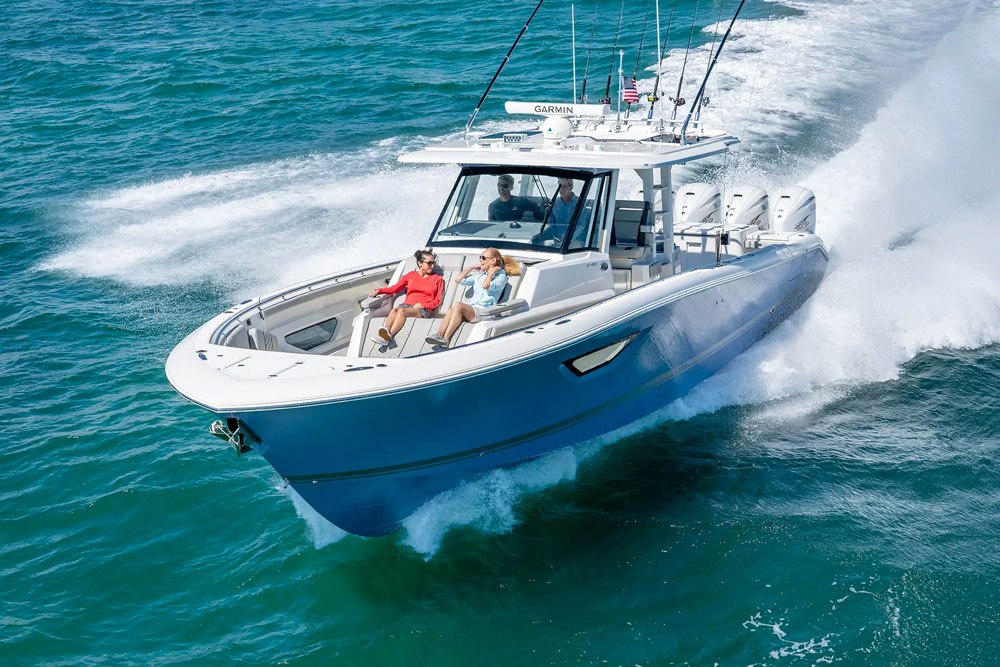The sight of boats out and about on the water is one of the many elements that mark the summer season. Whether it’s a group of friends spending the day on a fishing boat or a family spending time together in the sun on a sailboat, many individuals make time to get on a boat during the summer.
However, while many people spend time on boats, they often don’t know much about boat safety. This leaves them unprepared for the risks that come with being on the water in a vehicle they’re not well-versed in. Scenarios ranging from inclement weather to falling overboard into the weather can happen on any boat, but not everyone is ready to handle such an event.
With this in mind, here are eight essential boat safety tips to keep in mind for the summer and all future boating trips.
Understanding the limitations of shipowners’ liability
Under certain circumstances, a boat owner may limit its liability following an accident on navigable waters.
The intent of the limitation of liability law was to allow vessel operators who accept great risks to escape unlimited liability, which could put them out of business.
Claims against vessel owners arising from recent maritime tragedies have focused greater attention upon the defense raised under the Shipowners’ Limitation of Liability Act (46 U.S.C. §30501 – 30512). Such claims are asserted not only against the owners of large seagoing vessels, but also against owners of smaller craft such as yachts, duck boats and water shuttles.
Recent tragedies in which Limitation of Liability was invoked by owners include the 2018 duck boat accident near Branson, Missouri (17 deaths); the 2010 duck boat accident in Philadelphia (2 deaths); and the 2007 water shuttle accident in Baltimore (5 deaths). Limitation of liability actions have also been filed by the vessel owners in such famous tragedies as the sinking of the Titanic and following the Deepwater Horizon disaster.









